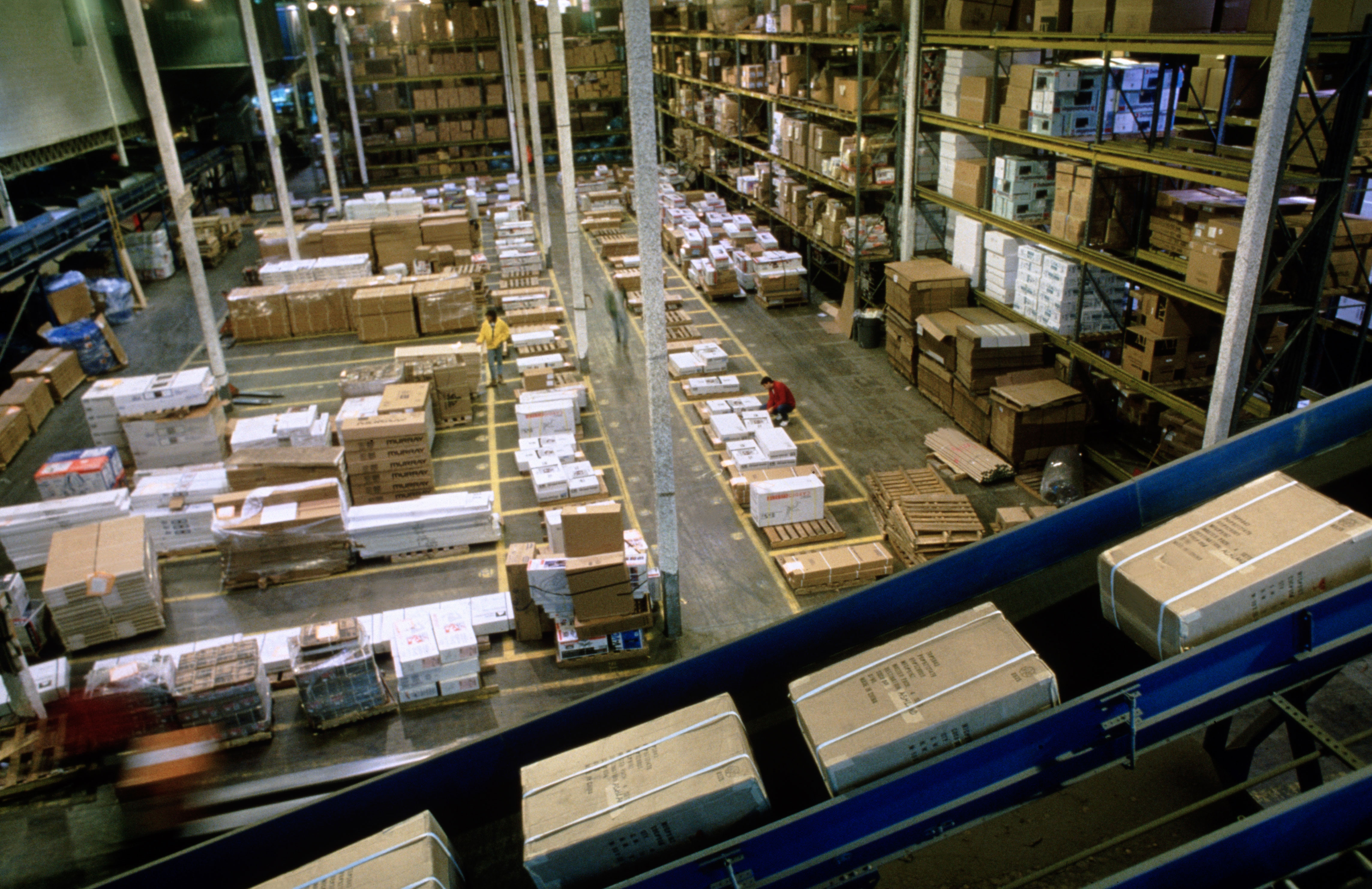
- SAP Community
- Products and Technology
- CRM and Customer Experience
- CRM and CX Blogs by SAP
- Channel conflicts, arbitrage and disintermediation...
CRM and CX Blogs by SAP
Stay up-to-date on the latest developments and product news about intelligent customer experience and CRM technologies through blog posts from SAP experts.
Turn on suggestions
Auto-suggest helps you quickly narrow down your search results by suggesting possible matches as you type.
Showing results for
Advisor
Options
- Subscribe to RSS Feed
- Mark as New
- Mark as Read
- Bookmark
- Subscribe
- Printer Friendly Page
- Report Inappropriate Content
08-02-2016
1:50 PM
I stumbled across a very interesting article by Jason Feifer on the "Entrepreneur" page. It’s a story about arbitrage and not-asked-for middlemen. There seems to be a business model to buy articles from Amazon and re-sell it via eBay with a profit. Once you order such a product from eBay, the middleman buys it from Amazon, and has it shipped directly to you from the Amazon distribution network. This sounds “ok” for all parties at first glance.
 The story elaborates nicely on the possible damage to brand and customer satisfaction, and even profit of the original manufacturer – once the buyer realizes he paid too much or wants to return the product.
The story elaborates nicely on the possible damage to brand and customer satisfaction, and even profit of the original manufacturer – once the buyer realizes he paid too much or wants to return the product.On the other hands, this story indicates a “price flexibility” between markets – aka an opportunity to capture more profit as a manufacturer. Dynamic pricing is common with airlines, online retailers, hotels or Uber taxis. Interestingly, the topic came up in recent discussions with steel and concrete producers as well.
Let’s be clear – even without arbitrage a consistent and channel-conflict-free e-commerce strategy is a challenge.
Most mill manufacturers, including metals, paper, furniture, building products, use several channels already:
- EDI
- Direct consultative, ETO-like sales
- Own e-commerce platform e.g. SAP Hybris Commerce
- Sell via Ariba Network like National Business Furniture
- Sell through eBay (also via Ariba Network)
- Sell through Amazon or Alibaba
- Sell through distributors, DIY shops, metals traders
Which channel fits for which product, especially considering make-to-order/finish-to-order configuration is a separate discussion (see "customer centricity and commerce" section in my previous blog).
What the article from entrepreneur nicely illustrates is the challenge (and opportunity) to control & protect your brand, and drive profitable growth by smartly playing across channels.
Aurelian Popa, CIO Long Products EMEA at ArcelorMittal, the world’s largest integrated steel and mining company, noted at the SAP Conference for Mining and Metals that today’s customers demand an Amazon-style shopping experience. Not only do they want digital interaction all the way from placing an order through to paying for delivered goods, they also expect constant access to data, such as the supply chain.
Will it make sense for you to sell low-margin standard products through Amazon (and share some of the profit with Amazon)? Or is it more advisable in our industry to establish an own eCommerce, and excel with seamless digital interaction and state-of-the-art customer experience across the entire supply chain?
Have you come across similar arbitrage situations in your business? How did you react?
What has all this to do with rugs for cats? The Entrepreneur article follows Fred Ruckel's start-up product "ripple rug" and its eCommerce journey between Amazon, eBay and an own webshop. Have a cat yourself? Buy a ripple rug directly from Fred's shop. Your cat will love it.
What are some ways companies are working with digital technologies? Learn more about Digital Transformation in the Metals industry.
- SAP Managed Tags:
- Mill Products,
- SAP Commerce
2 Comments
You must be a registered user to add a comment. If you've already registered, sign in. Otherwise, register and sign in.
Labels in this area
-
Business Trends
270 -
Business Trends
11 -
chitchat
1 -
customerexperience
1 -
Event Information
256 -
Event Information
17 -
Expert Insights
30 -
Expert Insights
49 -
Life at SAP
133 -
Life at SAP
1 -
Product Updates
666 -
Product Updates
24 -
SAP HANA Service
1 -
SAPHANACloud
1 -
SAPHANAService
1 -
Technology Updates
453 -
Technology Updates
15
Top kudoed authors
| User | Count |
|---|---|
| 4 | |
| 2 | |
| 2 | |
| 1 | |
| 1 | |
| 1 | |
| 1 | |
| 1 | |
| 1 | |
| 1 |